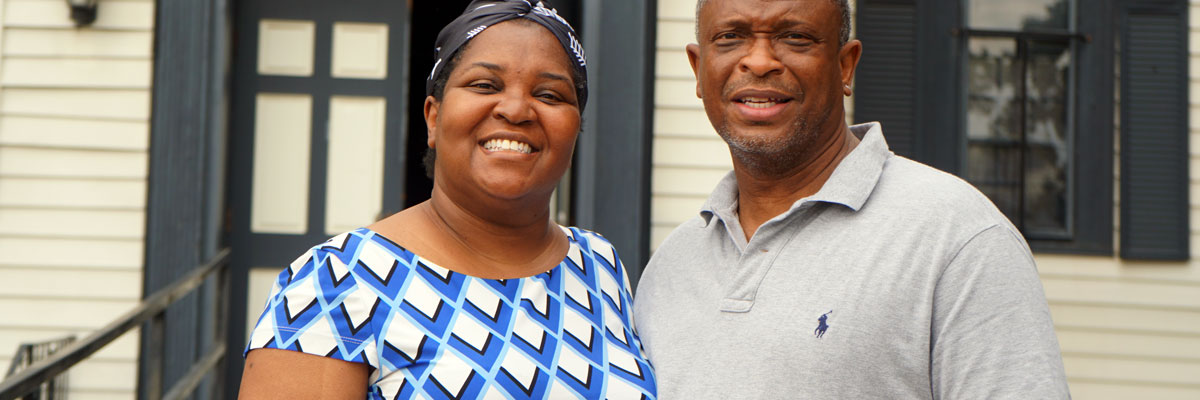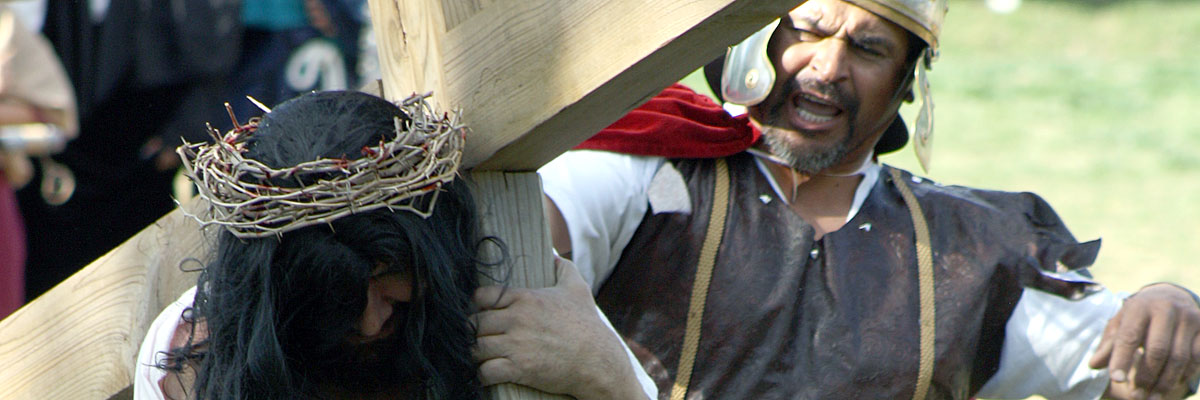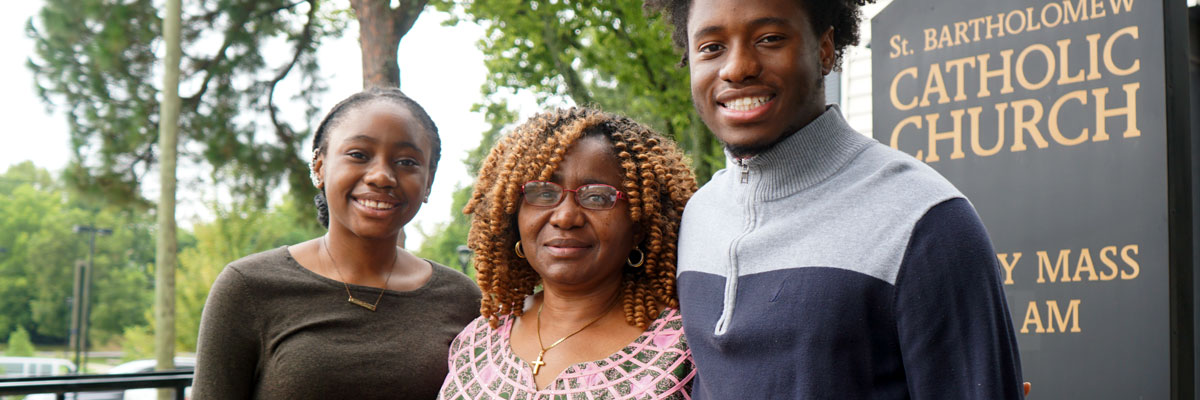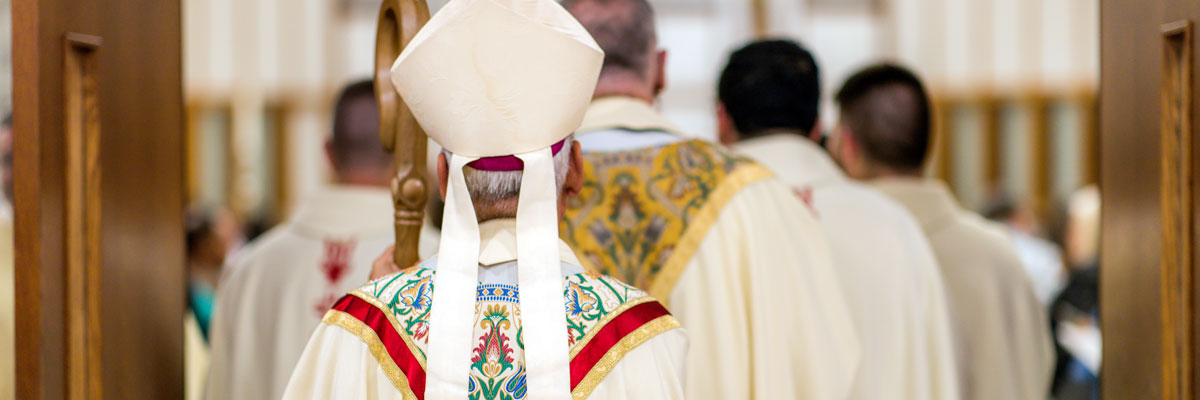Official Website of the
Catholic Diocese of Little Rock
Solemnity of the Most Holy Trinity 2015
Published: May 31, 2015
Bishop Anthony B. Taylor preached the following homily at St. Patrick Church in North Little Rock on Saturday, May 30, 2015 and Christ the King Church in Little Rock and St. Mary Church in Siloam Springs on Sunday, May 31, 2015.

Bishop Taylor
One of the great challenges of artists is to give their subject the appearance of life when using media that is essentially static. The greatest artists are able to make stone appear to come to life. Michelangelo's "David" appears to have power, but in the end the stone stays still and after a few minutes the admiring museum visitors move on.
David looks the same as he did to visitors hundreds of years ago. And every so often he has to be dusted. The real David was a human being. He was dynamic, unpredictable and constantly evolving throughout his life. As a youth he was handsome, but it was only when he learned to love that he became beautiful. His story is kind of messy and he made lots of mistakes, but he knew he was loved by God.
Today is Trinity Sunday, a day when we remember how different our God is from the lifeless gods of the pagans.
His nature is one, just as love is one, but this single divine nature subsists in three divine persons, who each invest all of their divine personhood in the others.
1.) The Greek philosophers understood God to be basically static. He was the "unmoved mover" who caused things to happen without himself being changed in the least. For the Greeks, change implied imperfection: You were either not perfect before or you are not perfect now.
Therefore God was supposedly not capable of emotions since moving from one emotional state to another would be a change. To them prayer was also useless; if God doesn't change, his mind is already made up. For them God was distant, aloof — uninvolved in our lives. He was the one who got things going, but not much else. Basically static. Many people today still think of God that way.
2.) The Hebrews, on the other hand, understood God to be dynamic. Even his name is a verb: "I am who I am; I was who I was; I will be who I will be." Their God was intimately involved in their lives. He listened to their prayers and sometimes changed his mind. He displayed all sorts of emotions in his dealings with them.
He was unpredictable and constantly revealing new things about himself to them. "Dynamic" comes from the word for "power (thermodynamics is "temperature power"). Unlike the Greek gods, the God of the Hebrews was a God of power, a dynamic God, a God who is alive and involved in every sense of the term.
3.) Jesus' revelation of the Blessed Trinity specifies for us the source and essence of this power, which is in fact the very nature of God himself. And this nature, this essence, is love. Since love only exists in relationship — whereby we invest ourselves in the well-being of someone else — it follows that God is relational in the very core of his being. His nature is one, just as love is one, but this single divine nature subsists in three divine persons, who each invest all of their divine personhood in the others.
And just as the total gift of self in married love tends by its own internal dynamism to extend outward to create and sustain new life, so also the self-giving of the three persons of the Trinity extends outward to create and sustain life.
The Father's love pours forth in the creation and maintenance of the world. The Son's love pours forth in his total self-sacrifice for our salvation. And the Spirit's love pours forth to strengthen us and unite us in the face of all the temptations and challenges that still lie before us. God's love is dynamic, full of power and always relational -— the source of our life, our being, our salvation and our hope of eternal life.
Today you and I are invited to recognize that just as God is relational in the very core of his being, so also are we, since we were created by this relational God. Just as the essence of God's divine nature is love, so also — in a more limited way — the essence of our human nature is love too.
And we are most fully human only when this love so characterizes each one of us that we become relational in the full sense of the term. If we invest ourselves totally in others and they in us, then this love will also be creative — to the glory of our Triune God and for the building up of his Kingdom. Our faith is not static in the least. God is doing powerful things in our world and we are given a share in his work, as well as eventually a share in his victory!









